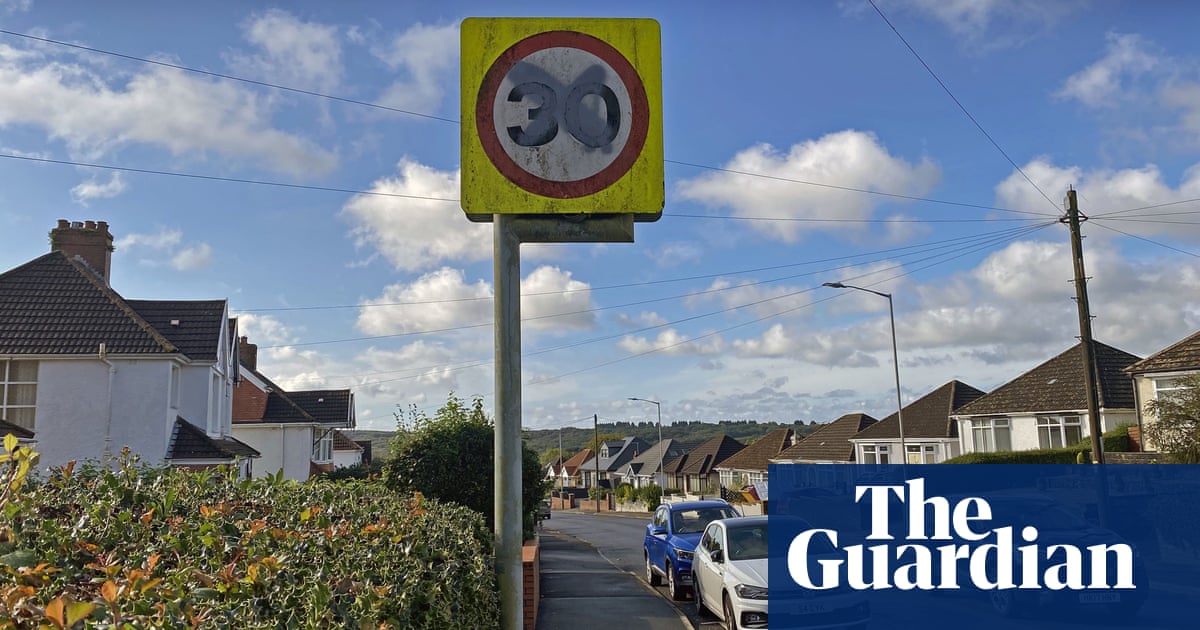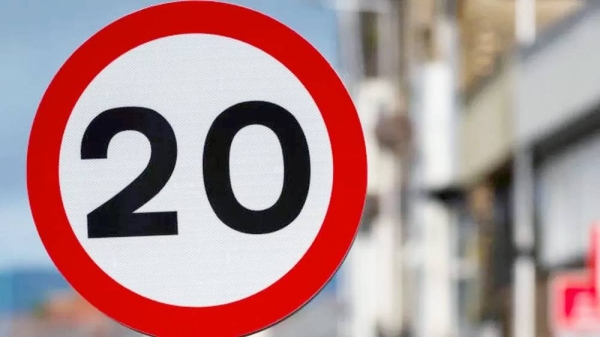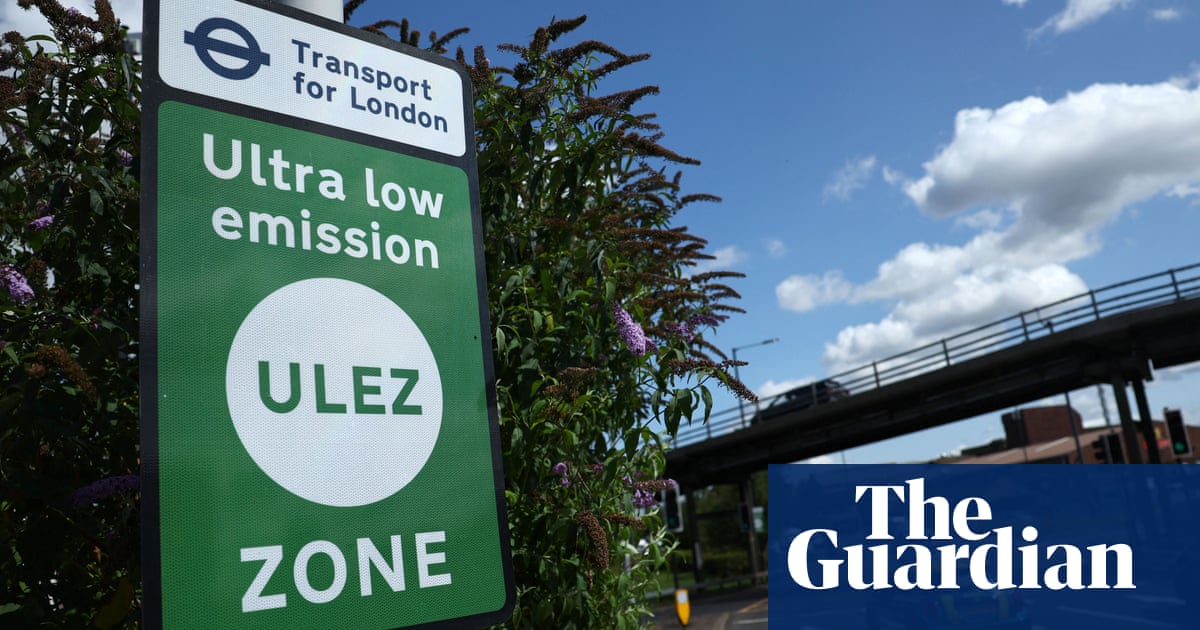
The Conservatives have promised to introduce a law that would unilaterally reverse the expansion of London’s clean air zone and limit the use of 20mph routes in Wales, overturning the choices of voters in both places.
In a pledge that, if implemented, would mark a significant reversal of devolution, the Tories said they would immediately introduce a backing drivers bill, which would use Westminster powers to quash local say over parts of transport policy.
One element would reverse the most recent expansion of London’s ultra-low emissions zone (Ulez), which widened to the perimeter of the capital the area in which older and more polluting vehicles must pay a daily charge.
This would happen despite London’s voters having endorsed the idea in May, when Khan was reelected as the city’s mayor for a third term, easily beating the Conservative candidate, Susan Hall, whose main pledge was to scrap the expansion.
A spokesperson for Khan said of the proposal: “This is desperate stuff from the Tories – a party completely devoid of ideas.”
The bill would also use Westminster powers to overturn local decisions on 20mph zones and so-called low-traffic neighbourhoods (LTNs), a widely used planning technique that tries to keep through-traffic away from smaller residential streets.
Wales introduced a widespread 20mph limit in built-up areas last year, something that was in the manifesto of the Labour party, which won the most seats in the 2021 Senedd election. While the plan has since been amended, to overrule a devolved government would be highly controversial.
Another pledge for the bill would be to limit the use of LTNs, which are introduced by councils. Again, this would happen despite the bulk of councils that have created them in recent years being reelected in local elections.
The proposed bill follows on from a “plan for drivers” unveiled by Rishi Sunak in September, which reversed years of transport policy, including under Conservative governments, by opting to prioritise the needs of drivers at the likely expense of bus passengers, cyclists and pedestrians.
This proposed clampdown on LTNs and 20mph limits, as well as on bus lanes, achieved little, in part because such schemes are generally matters for local and devolved governments, and it proved tricky to overcome this.
Another hiccup came in March, when a review of recent LTNs, commissioned by Downing Street in the apparent hope they would be found to be disliked and ineffective, concluded instead that, with some caveats, they were generally popular and worked well.
The plan for drivers, as well as wider initiatives to rollback green targets, was devised in the wake of the Conservatives’ unexpected if narrow win in a byelection in Uxbridge, west London, a result the party put down to the imminent expansion of Ulez to the area.
Under the proposed bill, as well as limits on new 20mph zones and LTNs, residents in existing schemes could trigger a local referendum on them if 15% of those living in the affected areas signed a petition. The result would overrule the council’s elected mandate.
Sunak said: “We are the party on the side of drivers. We will empower drivers and local residents to challenge aggressive and punitive traffic-inducing measures, like low-traffic neighbourhoods that were imposed without local consent.”












